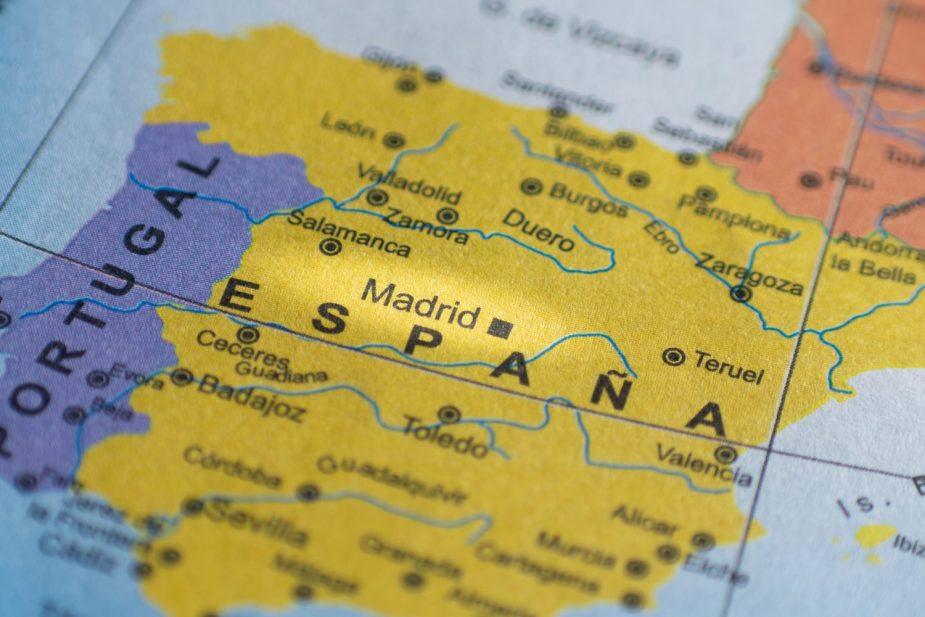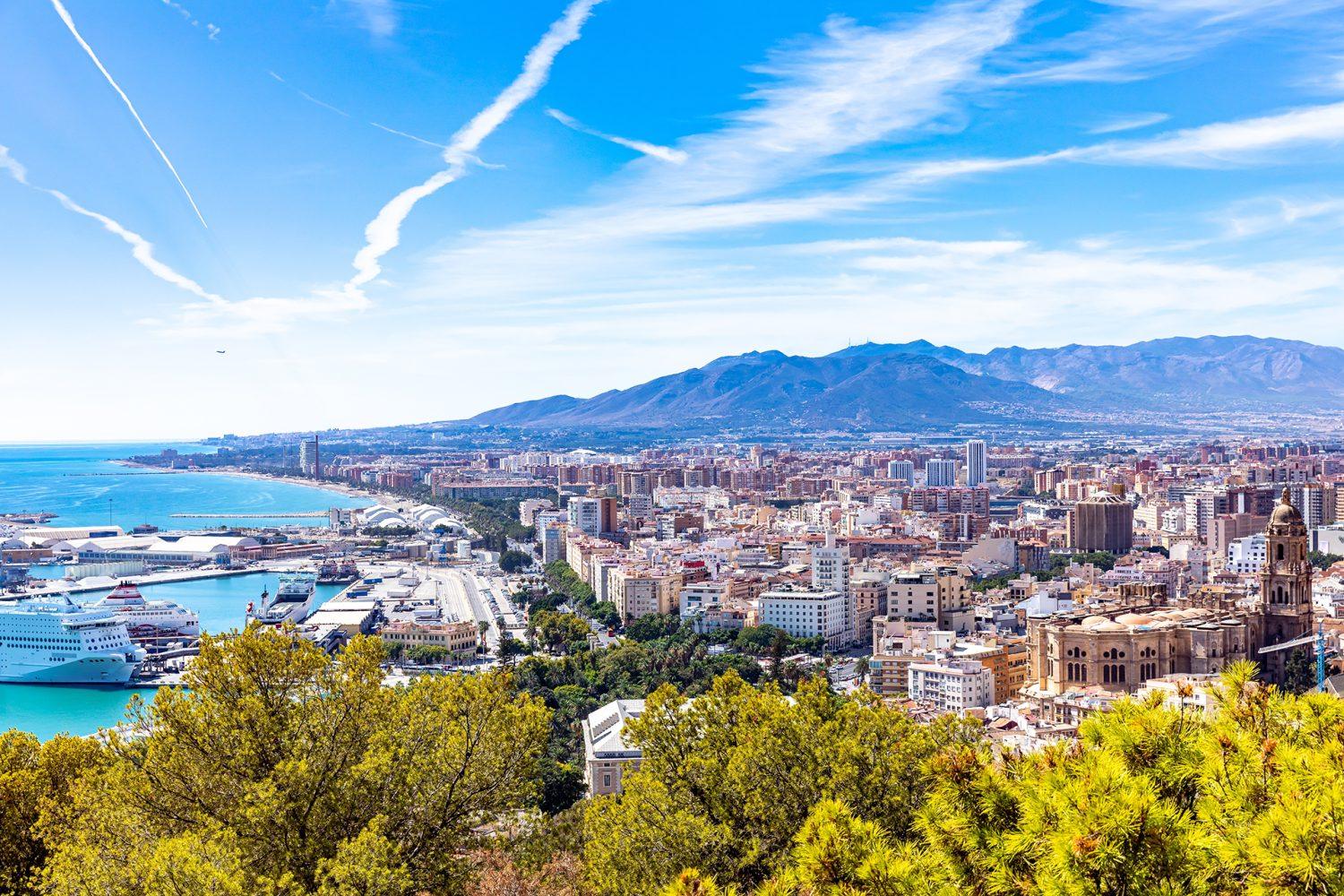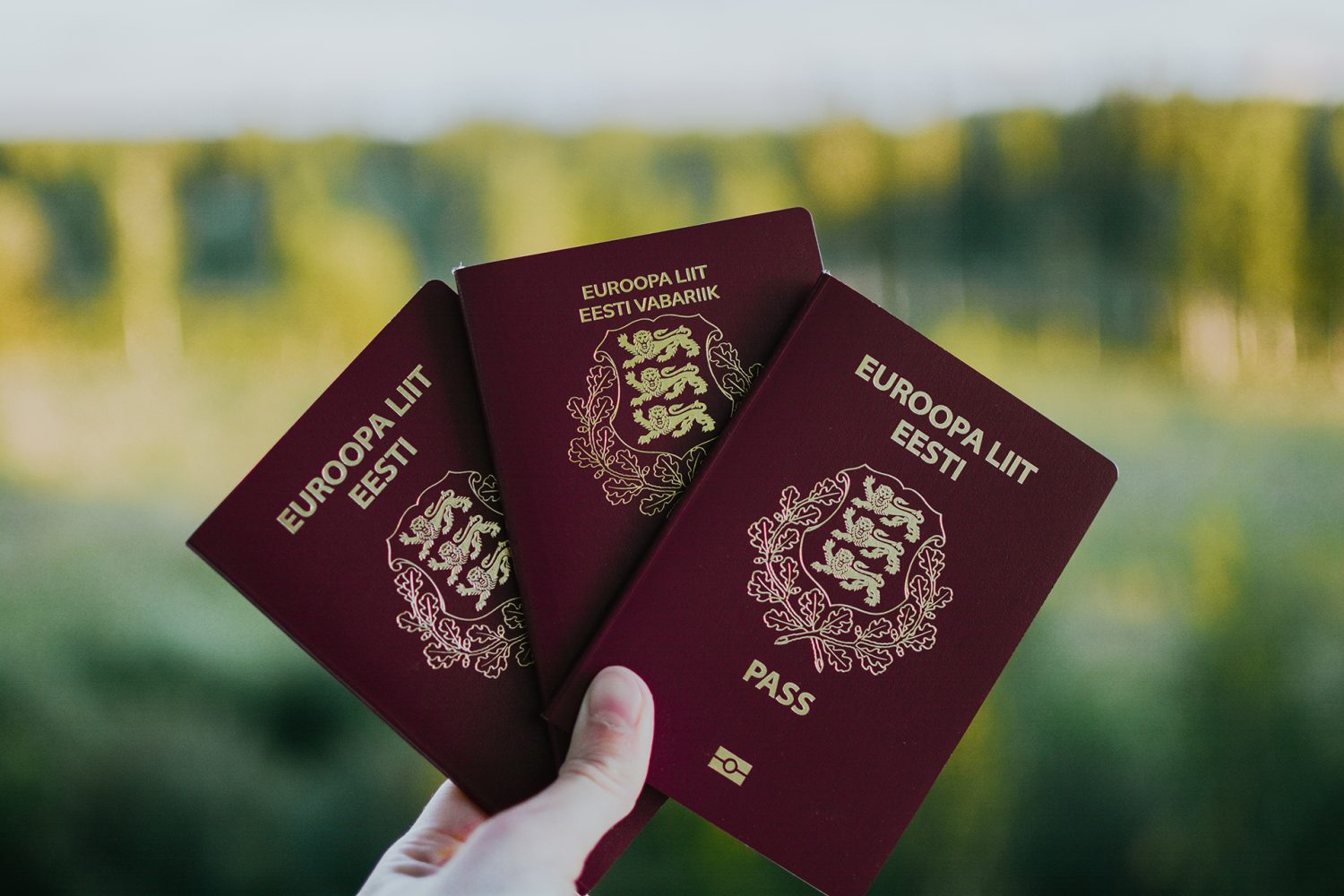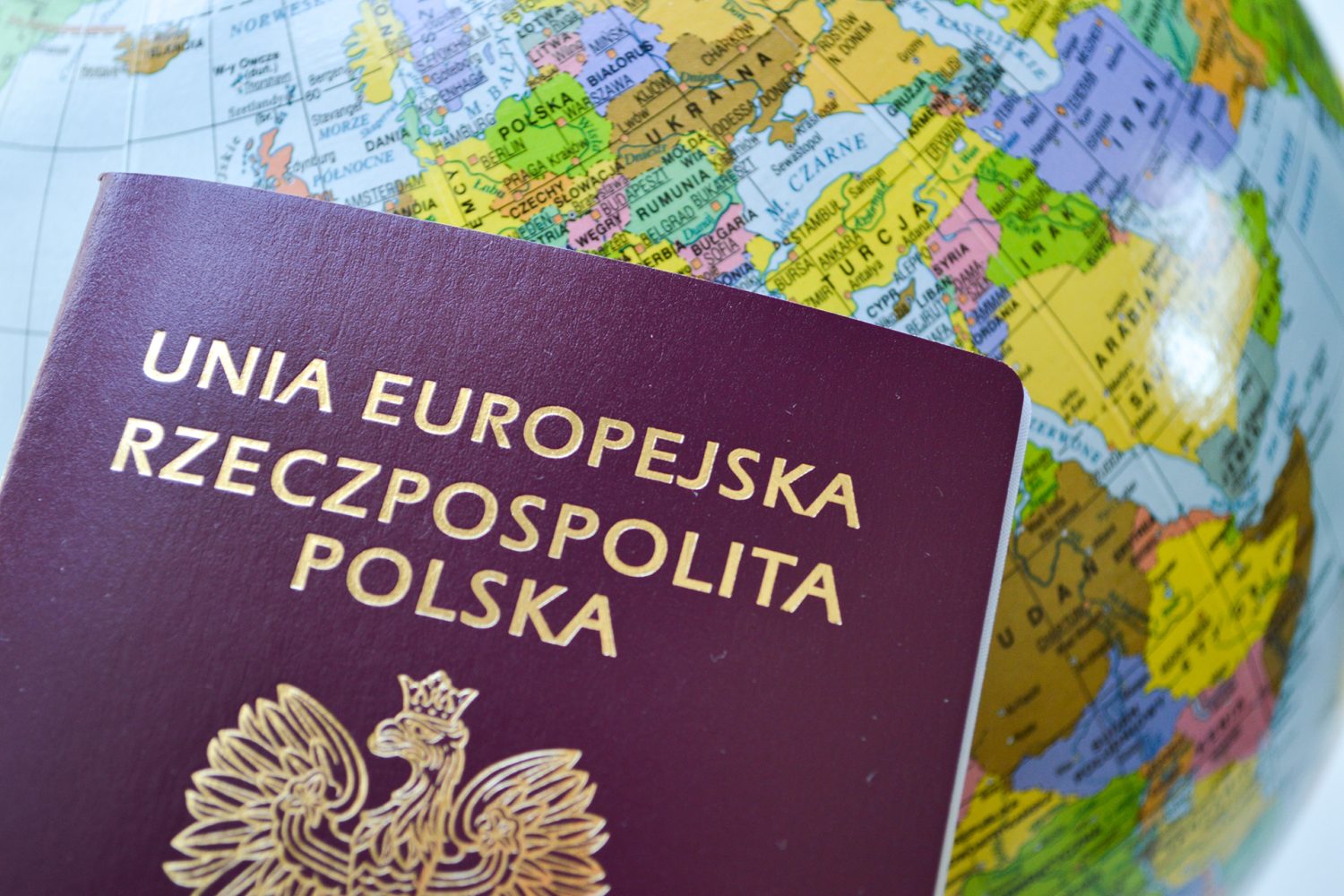
Diana Weber
Lawyer of international law
Rating:
26
August
Immigration to Spain for Permanent Residence

Moving to Spain is possible if there is a reason to open local residency. The reason for obtaining a residence permit can be, for example, official employment, financial independence, purchase of real estate, reunification with relatives, work as an entrepreneur or researcher. Over time, it is possible to replace the residence permit with a permanent residence permit (usually five years after immigration), and, after the same period of time - to apply for citizenship by naturalization.
Obtain the right to reside in the Kingdom of Spain can those who have no criminal record and dangerous to society diseases, know and recognize the national laws, sufficiently financially secured and agree to undergo biometric procedures, such as photography and fingerprinting. To remain in the country permanently, you must maintain an official reason for being in the state until you receive your permanent residence card.
It is guaranteed to immigrate to Spain with a passport from any of the European Union countries. EU citizens have the right to reside permanently in their favorite state of association, with access to employment, business, health care and education. To find out about the possibility of obtaining an EU passport for up to 12 months, you can ask a dedicated specialist Immigrantinlaw.
The main document that regulates the sphere of migration in Spain is the organic law 4/2000 “On the rights and freedoms of foreigners and their social integration”. It lists the conditions for entry into the territory of the kingdom, ways to obtain a permit for temporary or permanent residence, conditions for refusal or revocation of residency. Additional rules are regulated by Royal Decree No. 557/2011. The conditions for naturalization are presented in the Civil Code of July 24, 1889.
Migration laws in Spain are more loyal than in most other countries of the European Union. The Kingdom allows financially backed foreigners to move, even if they have no direct connection to the state or the population. Residence permits are granted through investments in the economy of the country, including the purchase of residential or commercial real estate. The right to legalization is even for illegal immigrants within the framework of prolonged residency (from 2-3 years of residence), but by individual decision of the authorities.
Submit an application form and we'll get back to you!
The most common way to emigrate from other countries to Spain is as follows:
Immigration to Spain is possible with or without the right to work. Most residence permits allow you to be officially employed in the kingdom or run your own business. Residence permit without the right to work is issued to those who want to live in the country and is able to provide for themselves, for example, working remotely for a foreign company or receives income as a rentier, pensioner, shareholder. In this case it is necessary to receive every month on the bank account from 2400 EUR, i.e., four subsistence minimums as of 2025.
Sometimes the right to employment is subject to restrictions, for example, students can work no more than 30 hours per week, provided that it does not interfere with their studies. The same rule applies to those who have come to participate in a non-productive internship, as an intern or for a voluntary mission. A residence permit without access to the labor market is of the immigration type, i.e., it allows subsequent naturalization, but the foreigner will still need to have a source of income for self-sufficiency without applying for social benefits in the Kingdom.
Easier and faster to go to Spain for permanent residence have the right the EU passport holders. A number of EU countries grant citizenship without renouncing a similar status in the home country, preliminary opening of residence permit and passing the language exam. You can get more information at a free consultation with a specialized lawyer Immigrantinlaw.
Common ways to open a visa and temporary residence permit with the possibility of conducting labor and professional activities in Spain include the following:
Some people try to move to Spain illegally, usually by entering the country on a visa-free regime or with a visa issued for a short-term purpose (e.g., tourism or visiting relatives). Such foreigners remain in the state after the expiration of the entry document, sometimes even successfully employed. However, illegal immigration is punishable by the laws of Spain and the European Union: if a violation is detected, the foreigner can be fined, deported and banned from re-entering any of the Schengen countries.
Spain may exceptionally grant residence permit for those who are in the country illegally from 2-3 years and demonstrates a stable relationship with the local community. Usually, the foreigner is required to prove family ties with local residents and the presence of a source of income. However, such a residence permit is a preference and is issued only at the discretion of the authorities, and not every request is approved. It is easier and simpler to immigrate to Spain with a personalized plan drawn up by specialists in international law Immigrantinlaw.
Get more information about the peculiarities of immigration to the EU at a free consultation
To obtain the documents that entitle you to immigrate to Spain, you will need to pay the following amounts (in euros):
Administrative fees are only part of the costs that an immigrant will face. At the stage of document processing, translators and notaries will need to be involved, who on average charge from 10-12 EUR per page of the document being processed.
It will be necessary to buy tickets to Spain, rent real estate (from 800-1000 EUR per month for a one-bedroom apartment), pay for realtor services, if necessary, also bring the stuff. Naturalization in the state takes from ten years, during which you need to permanently reside in the kingdom, where the average amount of monthly expenses per person is about 750 EUR without taking into account the rent of housing.
Immigration to Spain without large investments, long-term residence with a residence permit and demonstration of financial security is possible with the support of specialists in international law. Specialized lawyers Immigrantinlaw choose an individual way for the client to obtain European documents in a short period of time.
The advantages of moving to Spain include:
The disadvantages of moving to Spain include the high cost of utilities, especially electricity and centralized heating. In many apartments and houses there are simply no batteries, and in winter the residents have to be on their own, for example, they install convectors. Many immigrants complain about the difficulty in mastering the Spanish language, which has a peculiar structure.
Not all foreigners are satisfied with the slow and measured mentality of the Spanish population, which affects, among other things, the quality of services. As in other EU countries, there is a strong bureaucracy: queues for appointments last for weeks in the authorities, and waiting for a decision on the application can take months, regardless of the terms stipulated in the legislation.
Despite some disadvantages, moving to Spain allows immigrants to raise their quality of life to a higher level. The country is one of the most sought-after places to move to in Europe. You can learn about the ways of simplified immigration to Spain at a free legal consultation by specialists Immigrantinlaw.
Submit an application form and we'll get back to you!
The year 2025 marked a turning point for Spain’s immigration system: old investment schemes were abolished, financial thresholds increased, and new rules were introduced for remote workers and startups.
✅ Conclusion: 2025 made the path to permanent residence in Spain more transparent but also more expensive: the investment route has closed, and financial criteria for digital nomads and families have risen — crucial factors to consider at the planning stage.
How to Get Citizenship of Estonia
25 November
Estonian citizenship is a status that grants you certain rights and a number of obligations to the state. Among the...
Obtaining Spanish Residence Permit for Foreigners
5 August
Residence permit in Spain is a document that is granted to an immigrant for temporary residence in the country. The...
Malta Permanent Residence: How to Relocate and Start a New Life
10 March
Maltese residence permit is a permanent resident card, with which you can stay on the island without time restrictions and...
Obtaining Portuguese Residence Permit for Foreigners
29 November
The Portuguese residence permit is granted to those who have a good reason to move to the country with the...
How to Get Citizenship of Poland
27 December
Polish citizenship is a status that gives you access to national rights and privileges on the territory of the country,...
Obtaining a Residence Permit in Luxembourg: A Guide for Immigrants
24 February
Luxembourg residence permit is a temporary residence card, with which you can stay in the country for longer than three...
Discover
new opportunities
with a European Union passport!
Submit the application form and we will call you back!
Leave a request
Contacts









Emily Dawson
Is it true that time spent in Spain under a student visa doesn’t fully count toward the 5 years needed for permanent residency? I’ve heard mixed opinions — would love clarification from someone who’s gone through the process.
Diana Weber
Yes, that’s correct — time spent in Spain on a student visa (estancia por estudios) does not count in full toward the 5 years required for permanent residence (residencia de larga duración). It’s considered a stay, not a residency. However, since changes in Spanish immigration law in recent years, some time under a student visa can be partially counted — typically 50%, but only if you later switch to a residence permit (like a work or family reunification visa). To accumulate the 5 years, you need to be under a residency-based permit, not a stay-based one. Always best to check with an immigration lawyer or extranjería, as the interpretation can vary slightly by region.